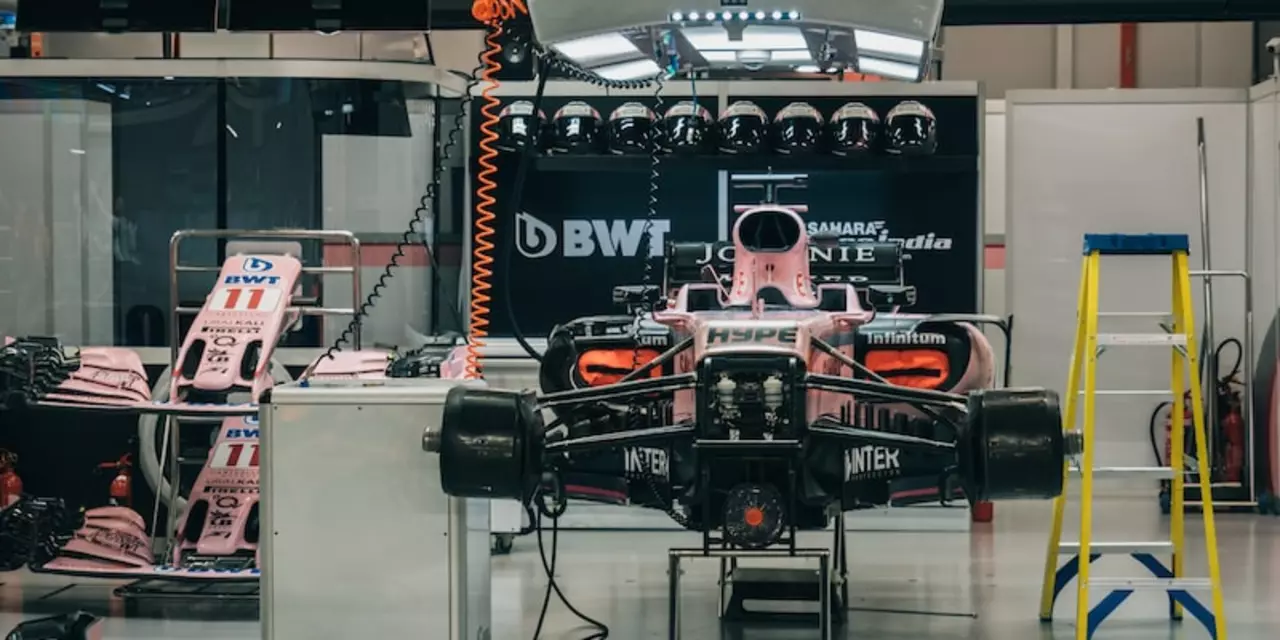Motorsport Software Hub – Your Go‑To Guide for Racing Tools
If you love the roar of engines and the feel of a perfect lap, you already know that data and apps can make a big difference. Whether you’re a weekend track day driver, a sim racer, or part of a racing team, the right software puts you a step ahead. Below you’ll find quick rundown of the most useful categories, a few top picks, and practical tips to get the most out of each tool.
1. Live Telemetry and Data Analysis
Telemetry is the heartbeat of any modern race car. Apps like RaceLogic or MoTeC i2 Pro pull speed, brake pressure, and throttle data straight from the ECU to your laptop or tablet. The real win is in the analysis – look for lap‑to‑lap trends, spot where you lose time, and compare runs side by side. A quick tip: set up custom alerts for any metric that spikes beyond your target, so you can fix issues before they turn into big problems.
2. Sim Racing Platforms and Training Tools
Simulators have become a legit training ground. iRacing, Assetto Corsa Competizione, and rFactor 2 offer laser‑accurate tracks and car physics. Pair them with a force‑feedback wheel and a motion platform, and you’re practically on the track. For skill drills, use the built‑in telemetry tools to review each corner, then copy the data into a spreadsheet to track progress over weeks.
Most drivers underestimate the power of a simple app like TrackMania Replay Analyzer. Upload your session, and it automatically highlights braking points, apex speeds, and throttle lift‑off. Even if you’re not a data geek, the visual overlays make it easy to see where you can shave off tenths of a second.
Don’t forget your phone. Apps such as RaceChrono turn any smartphone into a lap timer with GPS‑based speed and lap‑length accuracy. Perfect for club racers who don’t have a full‑blown data logger. Just make sure you mount the phone securely to avoid shaky readings.
When you’re choosing software, ask yourself three quick questions: Is the data real‑time? Can you export it for deeper analysis? Does the UI work on the device you’ll actually use on track? If the answer is yes, you’re likely on the right track.
Budget‑friendly option? Try the free tier of OpenTelemetry. It doesn’t have all the bells and whistles, but it gives you basic speed and g‑force logs – enough to spot glaring issues before you spend on pricey hardware.
Finally, keep your software updated. Racing engines evolve fast, and developers often release patches that improve accuracy or add new track maps. Set a monthly reminder to check for updates; it’s a tiny habit that pays off when you finally see that extra tenth of a second on your lap time.
Ready to level up? Start with one tool, master its basics, then add another piece to your digital toolbox. Mix telemetry, sim training, and on‑track timing, and you’ll see measurable gains without breaking the bank.
